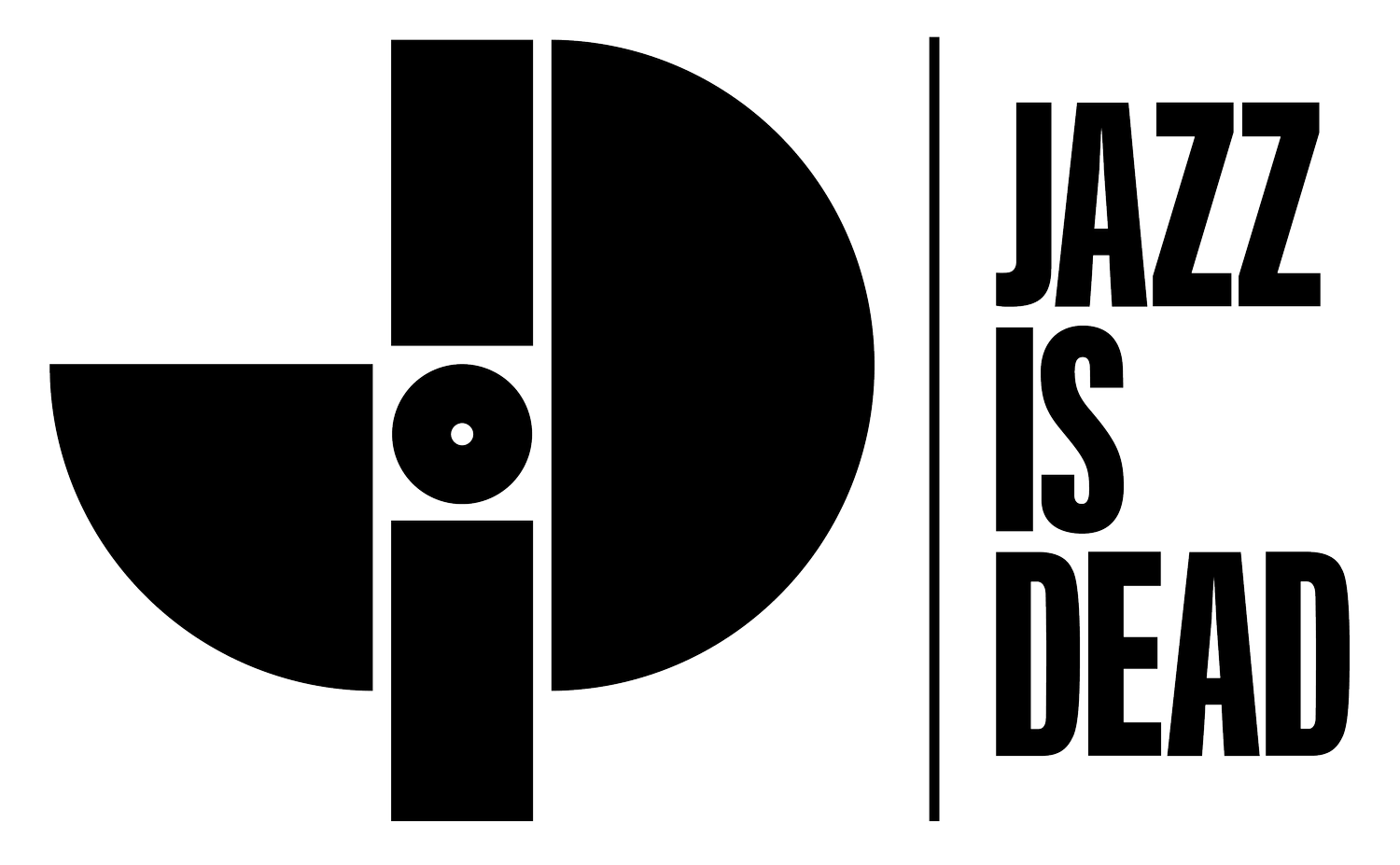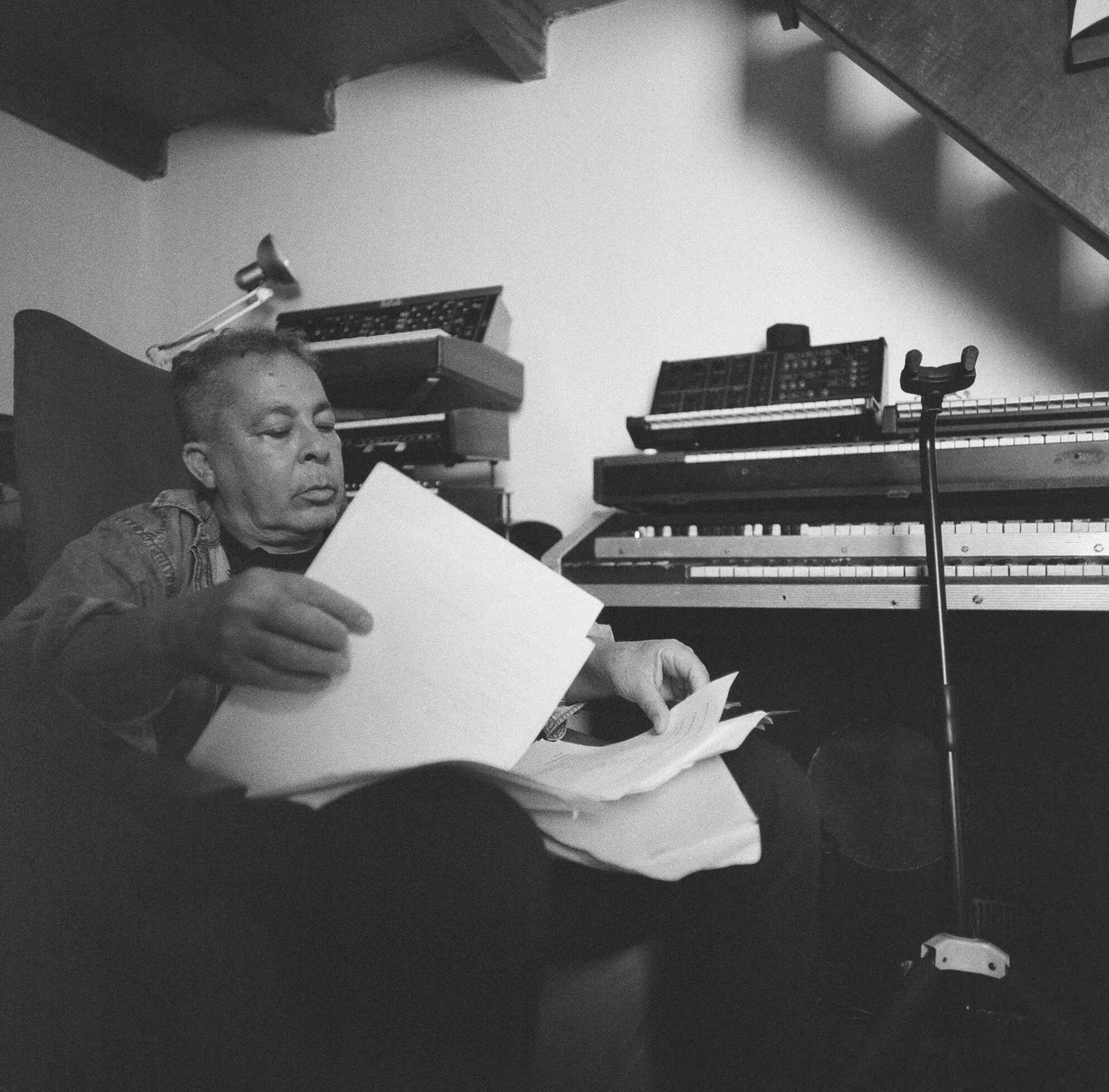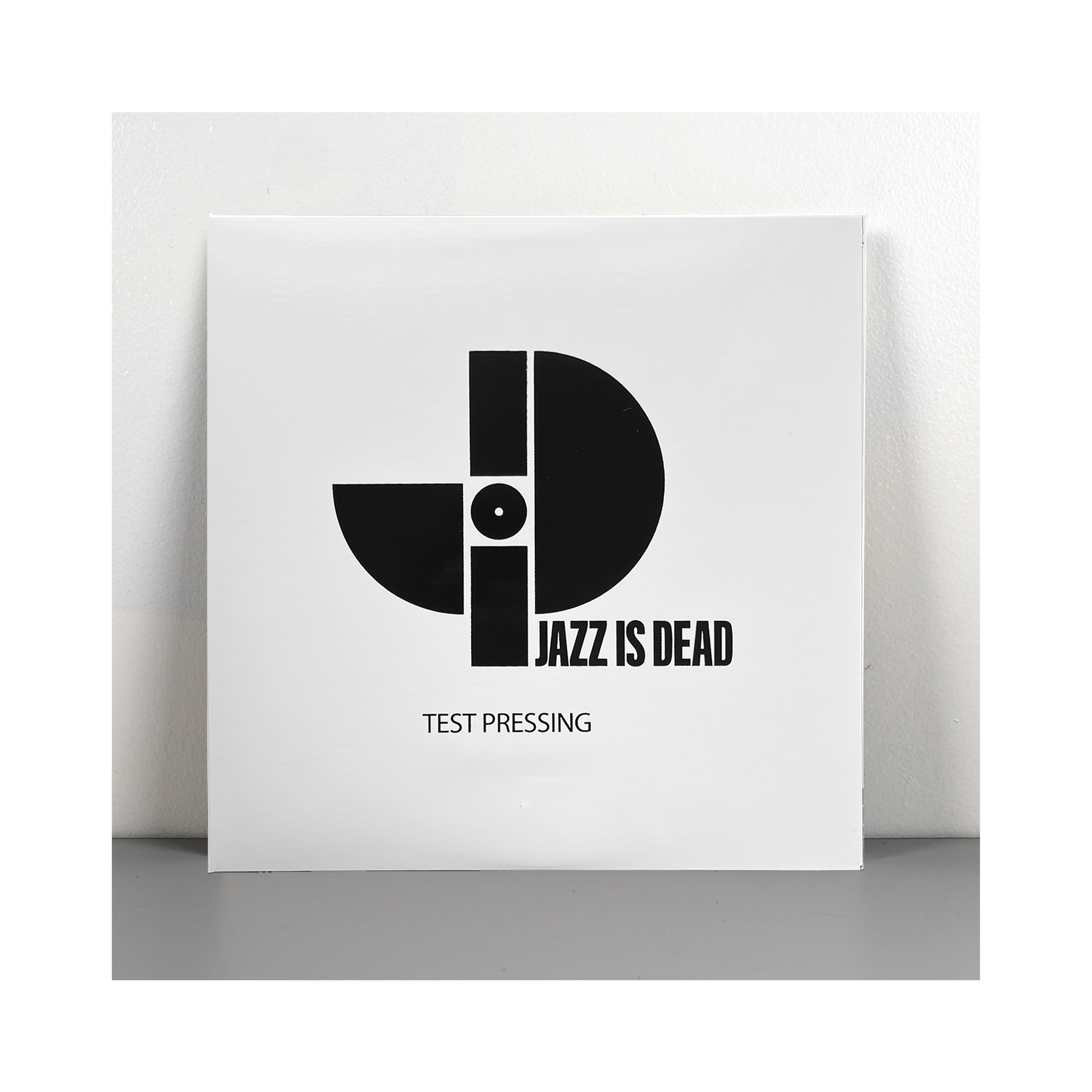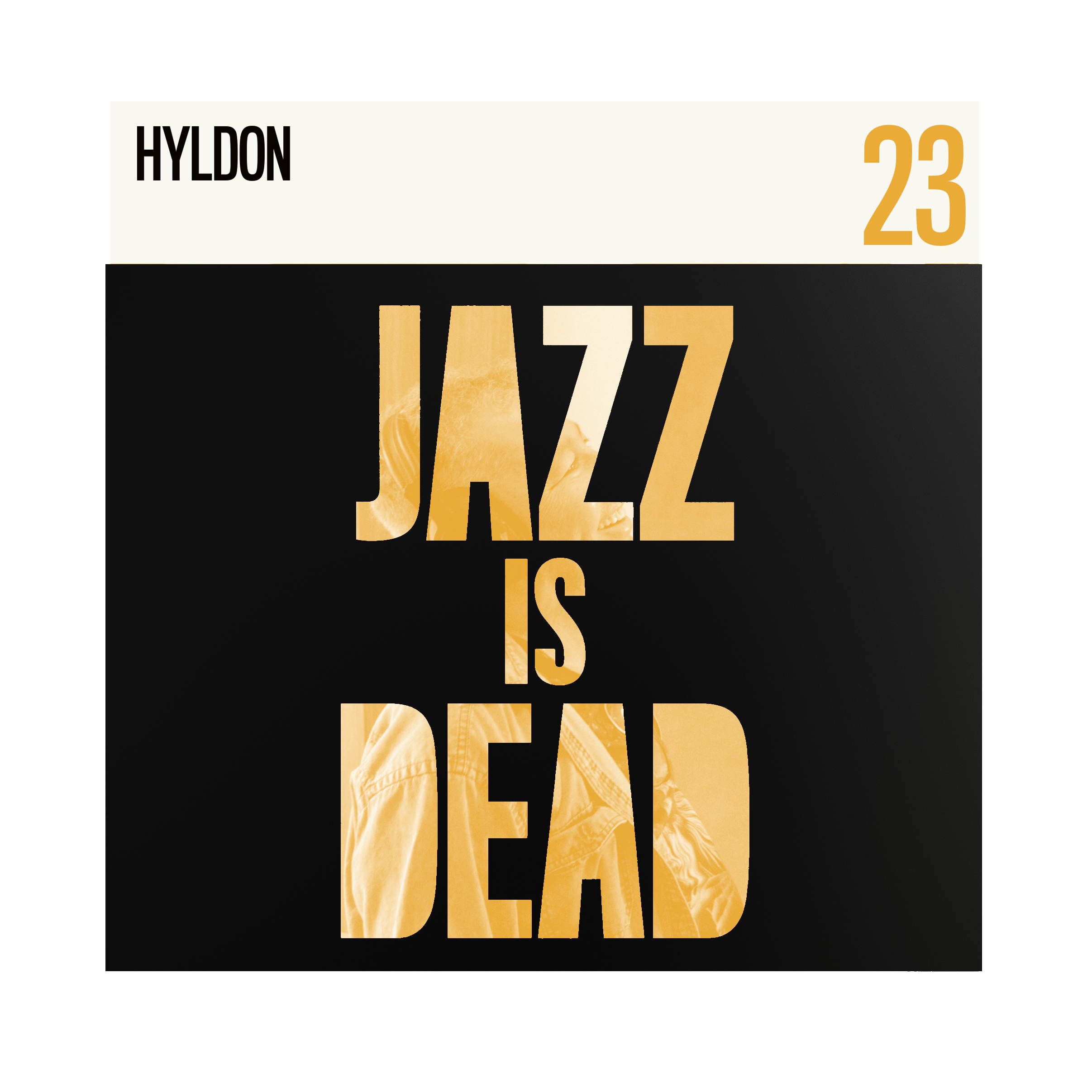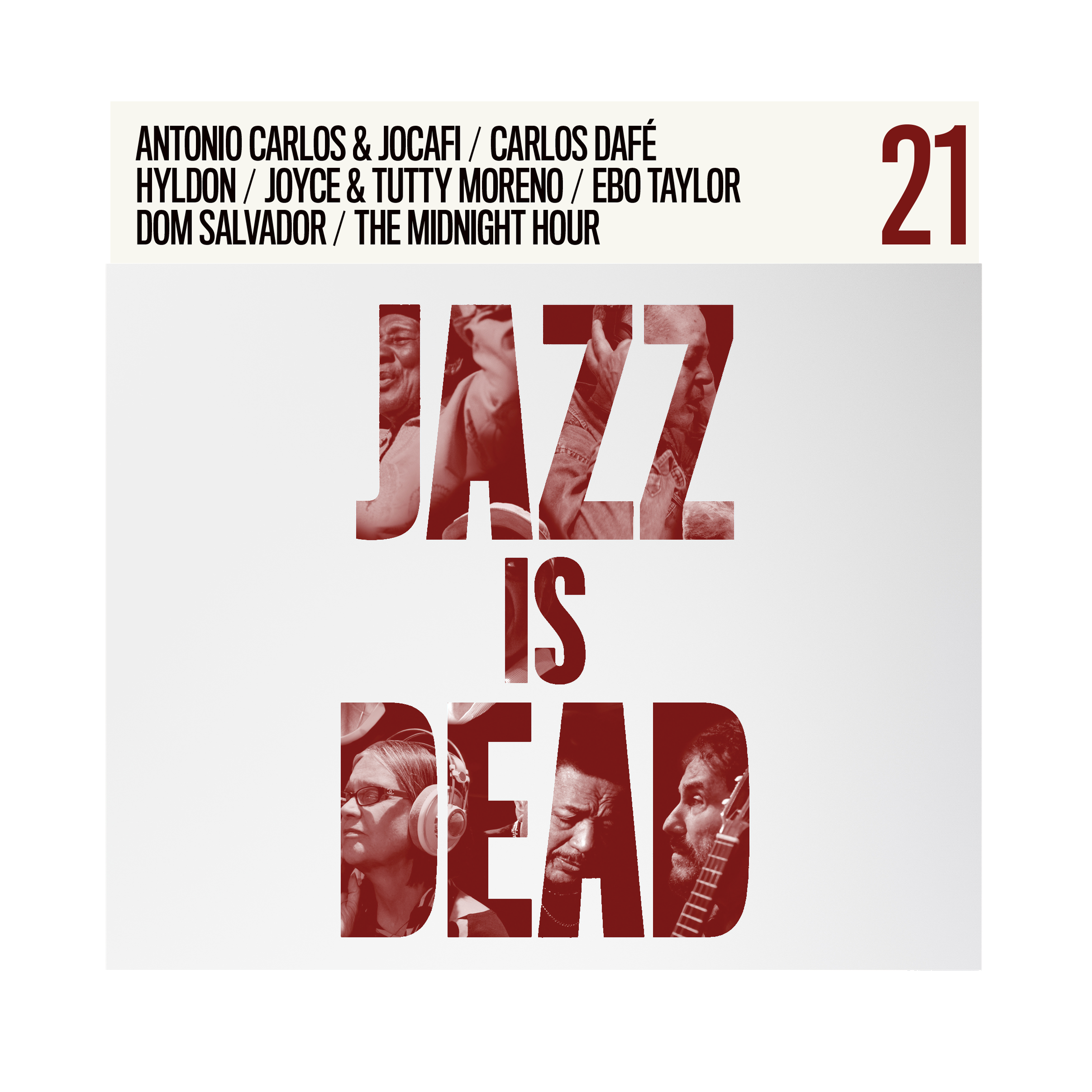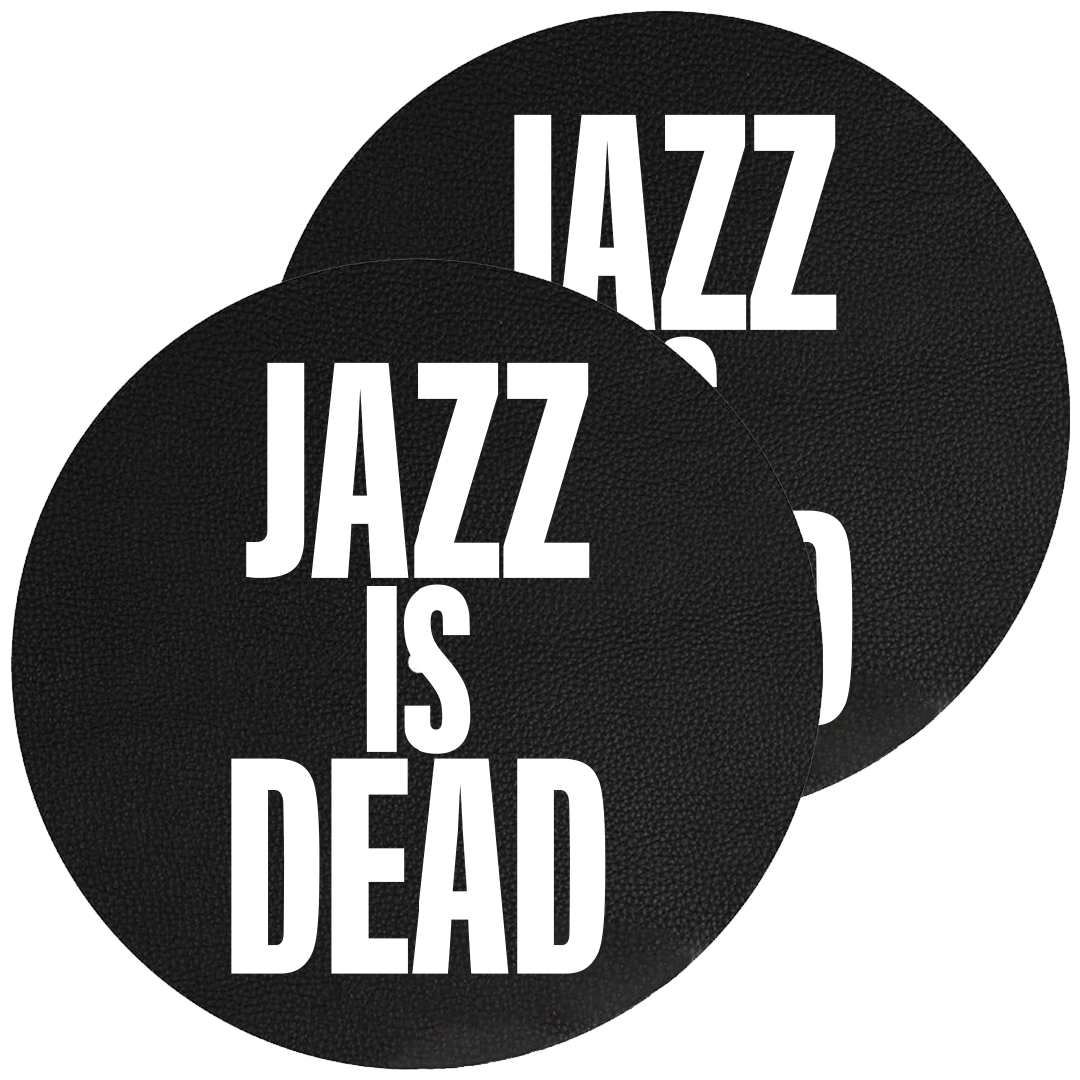HYLDON
As a teenager, Hyldon became interested in Iê-iê-iê music, influenced by his cousin Pedrinho da Luz, who played guitar in the band The Fevers. He formed a band called Os Abelhas, with which he performed at clubs in Niterói and nearby cities, even appearing on radio and television programs. When his family decided to move back to Bahia, Hyldon convinced his mother to let him stay in Rio de Janeiro, living with Pedrinho. This close relationship led to important opportunities in the music industry, including his first recording with The Fevers. His first recorded composition, "Eu me Enganei," was released when he was just 17 years old, marking the beginning of his career as a songwriter.

In 1969, while his songs were being recorded by artists like Jerry Adriani and Wanderley Cardoso, Hyldon also established himself as a musician, participating in various recordings. He traveled with the band Os Diagonais, where he met Tim Maia, who would later become a significant influence on his career. During this time, Hyldon worked as a guitarist on albums by artists like Toni Tornado and Wilson Simonal, two pioneers of Brazilian black music.
In 1970, Hyldon was invited to work as a producer at PolyGram, on the condition that he could release his own work. He accepted and went on to produce successful albums for artists like Erasmo Carlos, Diana, and Odair José, playing guitar on Odair’s biggest hit, "Uma Vida Só." During this time, Hyldon continued to compose and create arrangements, preparing to release his own album with the support of Tim Maia and Cassiano.
In 1974, Hyldon recorded his first single, "Na Rua, na Chuva, na Fazenda (Casinha de Sapê)," which quickly became a hit on the radio. The following year, he released another single with "As Dores do Mundo," which also gained popularity. These successes allowed him to release his first album, "Na Rua, na Chuva, na Fazenda," which featured several hit songs like "Na Sombra de uma Árvore" and "Acontecimento," solidifying his career in Brazilian music.
